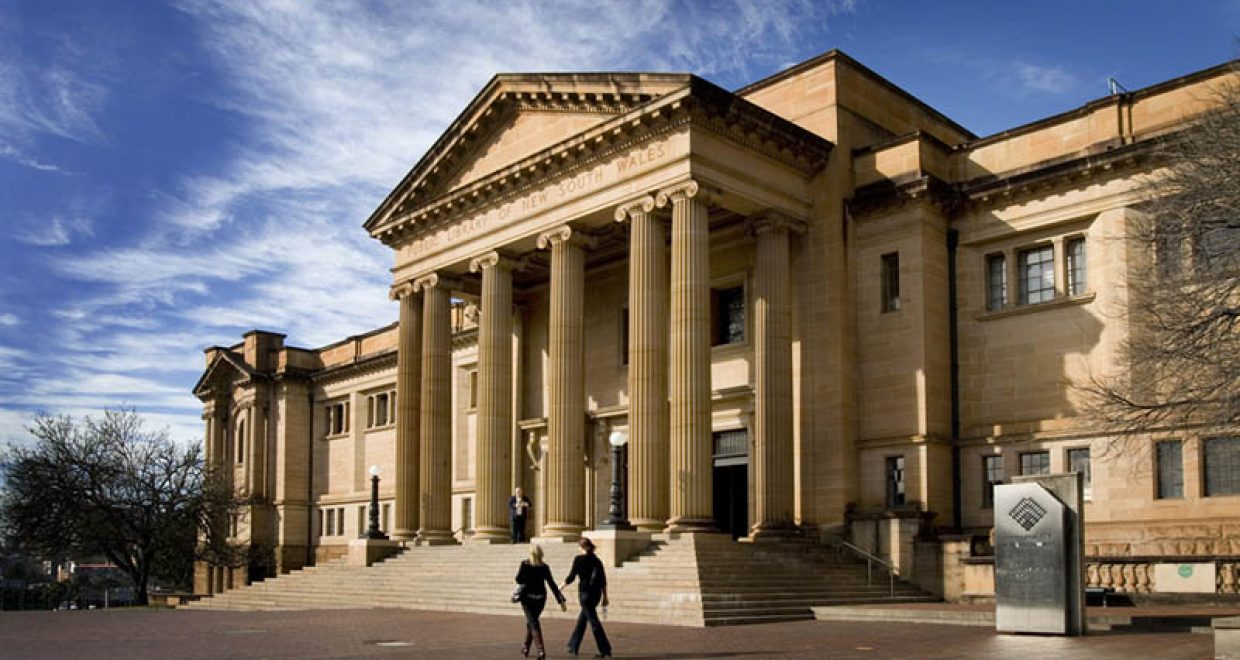Libraries and fallible knowledge
In the latest issue of Think, Stephen Hetherington considers fallible knowledge while visiting the State Library of New South Wales.
A library itself imposes order on information through selection and classification, and alters the perception of information by placing certain volumes alongside others, or not. The validity of this imposition of order can itself be questioned and is therefore one of the ways in which a library expresses the fallibility of knowledge.
In this spirit, here is a re-ordering of some of the ideas in Stephen’s article to create one reading of what he has to say. But there may be many other ways of interpreting his ideas about libraries. This is to be expected, because prompting further thoughts is what the journal Think is all about.
“Recently, I wandered into a substantial research library in downtown Sydney – the State Library of New South Wales.”
“Look at these walls (I said, to myself), inside one of Australia’s greatest libraries. Behold these non-fiction books. They encapsulate people’s attempts to understand and learn about our world . . .”
“. . . part of the aim in the library’s storing such books is to enable people likewise to understand and learn – not merely what the authors thought, but truths reflected in those thoughts.”
“Yet would that knowledge be certain? Infallible? Perfect? No.”
“That fallibility is recognised in practice by how the library functions. For a start, the library keeps many competing books.”
“Such a large long-lived library is full of conflicting books, competing ones – books locked in disagreement forever, staring disapprovingly at each other across the shelves.”
“Some books could be correct even amidst such disagreement.”
“Disagreement doesn’t entail there being no truth. It entails at most that not everyone involved in the dispute is correct – a result compatible with some of them being right. An inability to agree on facts does not ensure there being no facts.”
“I realised that I could regard anew the grand library in which I was seated: I could view it partly through an idea of fallible knowledge. This is the idea of knowing a truth in a way which allows the possibility of being mistaken.”
“Libraries include knowledge, we hope. If they do, it is partly because they incorporate fallibility. By storing so much, they are equally our chance to check . . .”
“In that sense, libraries aim to include not only knowledge but also fallibility. This makes them useful and human. They model us in this respect. They are us writ large in this way. With effort, we accurately see ourselves in them. The result is some fundamental self-knowledge . . .”
To read Stephen’s paper without charge click here.
Think is published on behalf of The Royal Institute of Philosophy






